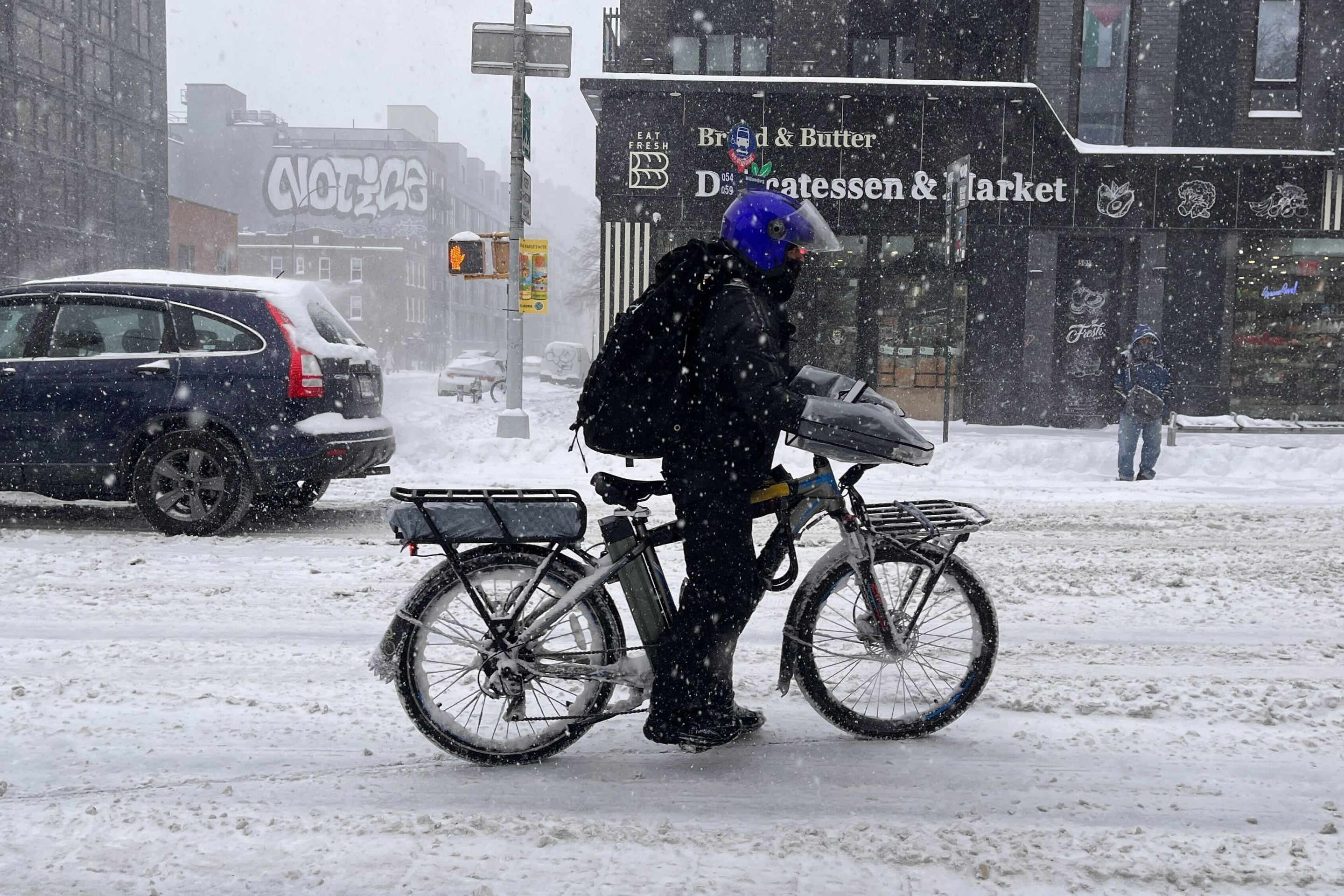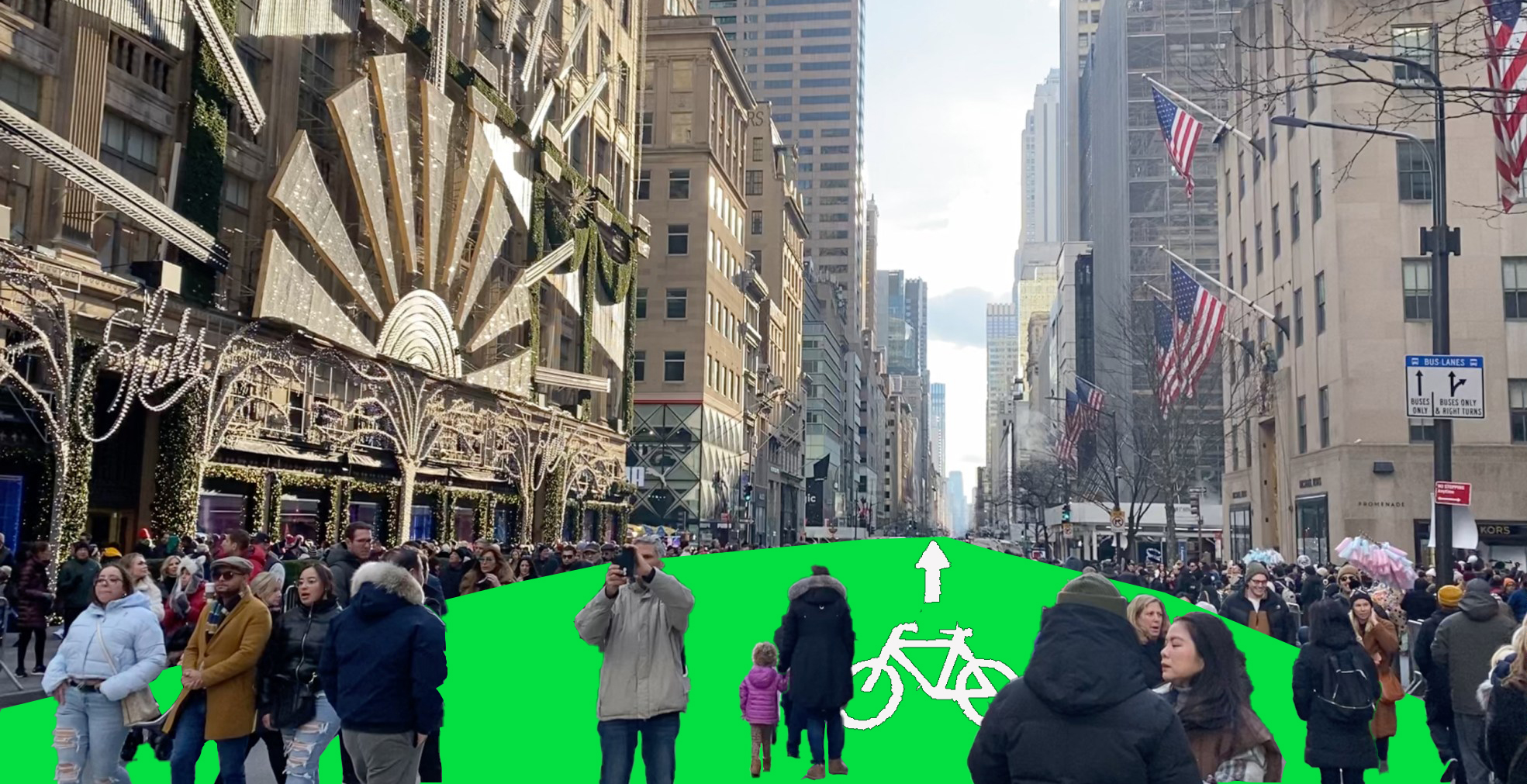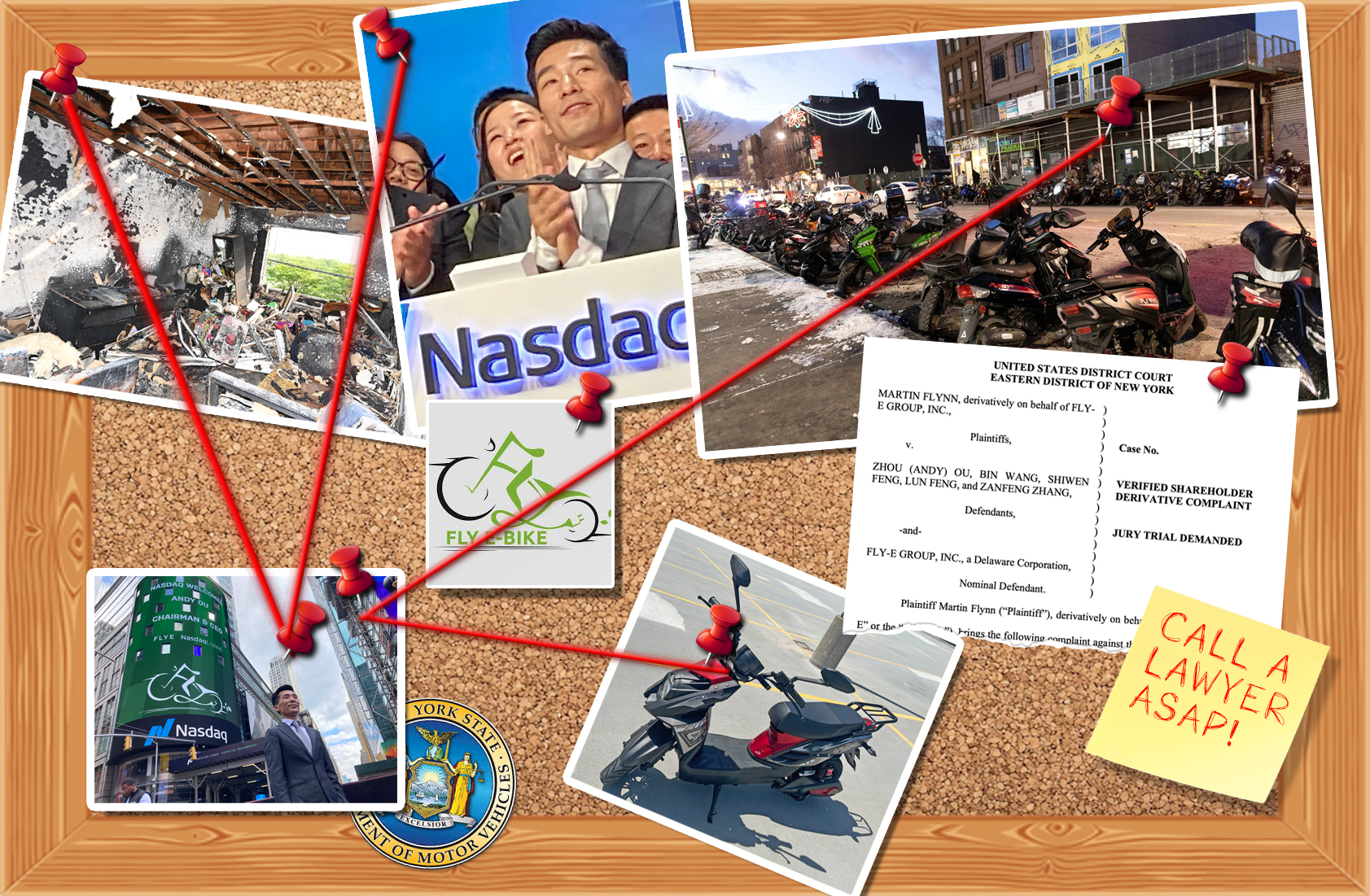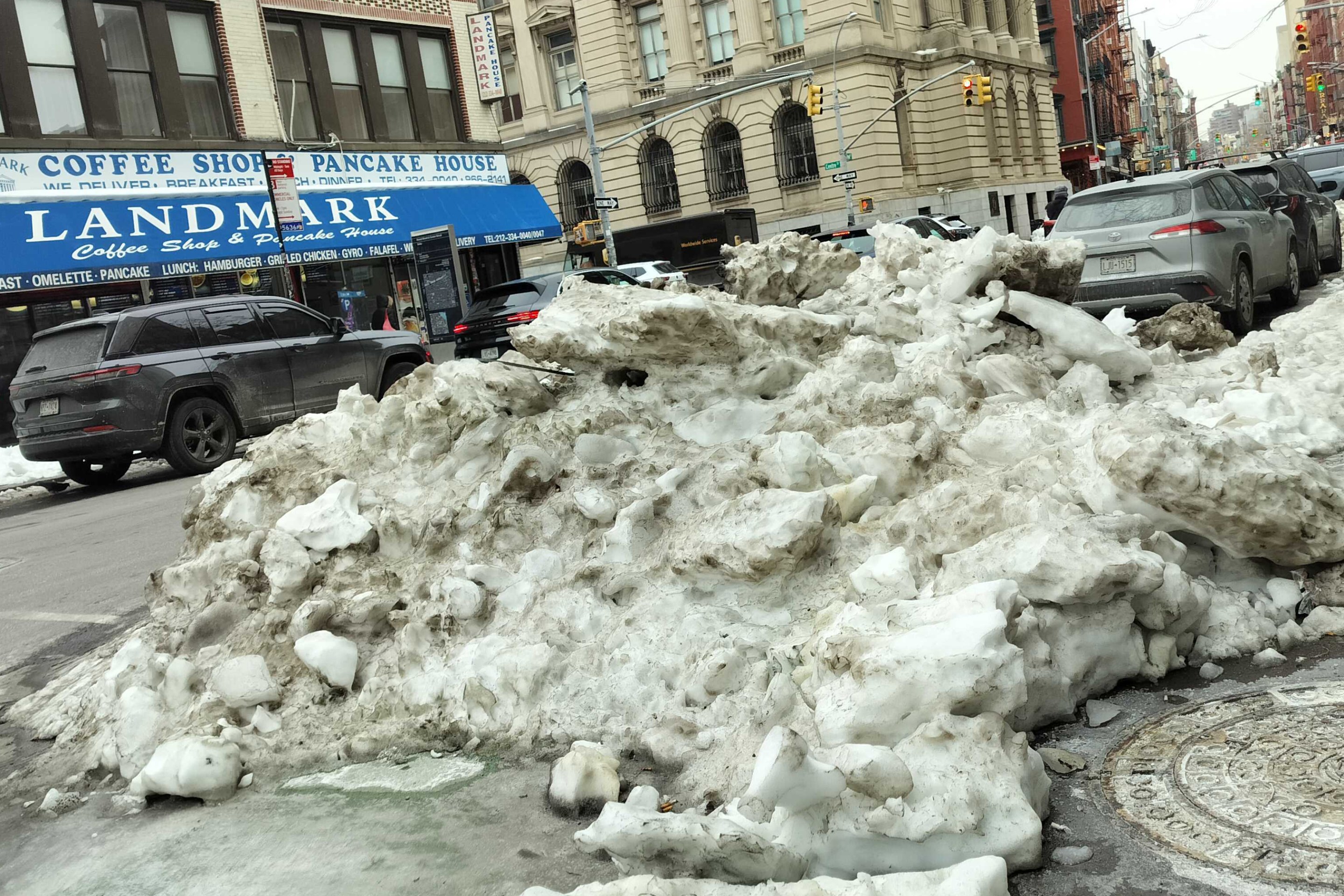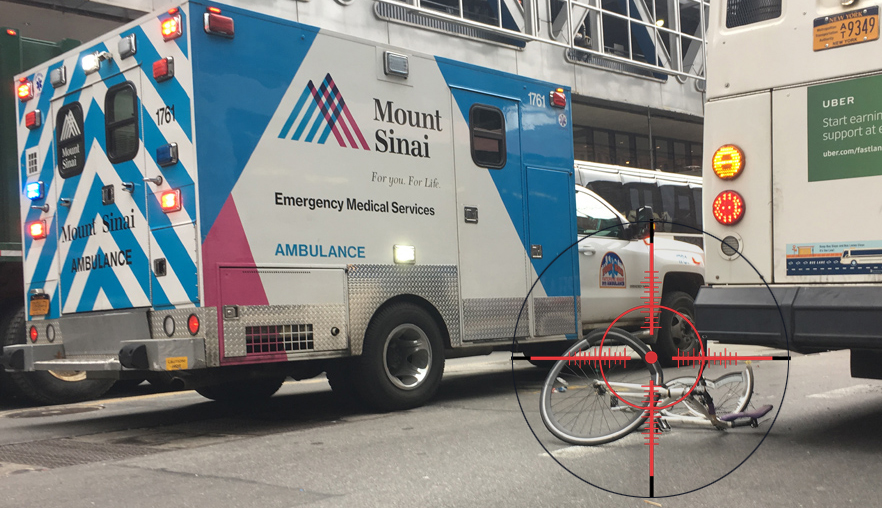
Erik Shilling reports:
Though many agreed that Mayor Michael Bloomberg's plan to charge cars and trucks to enter parts of Manhattan could be tweaked, a majority of those who spoke in last night's Traffic Congestion Mitigation hearing in the Bronx expressed their support.
The theater at Hostos Community College was quite a bit less than half full, and traffic outside later in the night was light. Many at the meeting said turn out was low because of Halloween. Marc Shaw, the chairman of the Congestion Mitigation Commission and the leader of the hearing, said that another Bronx hearing would be held because of the turnout and the holiday, though he did not name a date.
The Commission sponsored the hearing, one of seven around the city, to field public comments about the mayor's plan.
The strongest opposition came from the night's first speaker, State Assemblyman Jeff Dinowitz. He argued that the plan was discriminatory, that it would exacerbate the Bronx's parking problems, and that there were better alternatives.
He also suggested that instead of raising money for public transportation with congestion pricing, the city should consider higher car registration fees, or even an additional gas tax. "I know that's not popular," Dinowitz said, "But this plan needs to be rejected."
Both Dinowitz and City Councilman Oliver Koppel both vehemently rejected the plan's toll credits for bridge and tunnel fees already paid to get into the city. They both said this was an unfair benefit to commuters coming from New Jersey and other places outside the city. Koppel has said that he is "leaning for" congestion pricing in past remarks.
Though Halloween may have dampened turnout, the night's testimony was surprising for the number of supporters that spoke.
Sandy Noel, a Bronxite, student, and working mother, said she strongly supports congestion pricing.
"Charging drivers makes good sense to me," Noel said. She attends college in Lower Manhattan, and said she "feels like Ms. Pacman everyday just to get to school on time."

Others argued the health benefits of congestion pricing.
"Congestion pricing can help people realize better air," Ya Ting Liu, a spokeswoman for the American Lung Association said. She also said that car and truck emissions were a leading cause of asthma in the city.
The most colorful speaker of the night, Mel Peffers (above), a graduate of the Harvard School of Public Health, donned a grim reaper costume, replete with a sickle, to drive home her message of the lasting health benefits of congestion pricing.
"Traffic pollution is killing us," Peffers said. "Right now, we're paying for it with our health." Even among the supporters of the plan, however, many said they wanted assurances that revenues from congestion pricing would in fact be reinvested in subways and buses.
"This plan is in fact a visionary plan," Richard Gans, who represented Transportation Alternatives, said. "But we need to be sure that we can, in fact, guarantee that this money will be used for public transportation."
Under PlaNYC, only one new bus line is proposed for the Bronx, though cleaner stations and more trains running along the 1 line have been promised. Among other things, many at the meeting pointed this out, and many also demanded more Metro-North stations, as well as an extension of the proposed 2nd Avenue subway up into the Bronx.
Others who didn't explicitly oppose the plan offered different alternatives, like more water taxis and a ferry service.
Ari Huffnung, President of the Jewish Community Council in the Bronx, said he was working to create a ferry line from Riverdale to Lower Manhattan, on which, he said, commuters could expect a 35 minute ride into the city.
Aside from Chairman Shaw's brisk speaker announcements, Commission members stayed silent throughout the three hour hearing. They appeared impatient near the end, and, when it was over just before 9pm, a few could be seen heading quickly to the exits.
Reporting and photos by Erik Shilling.
